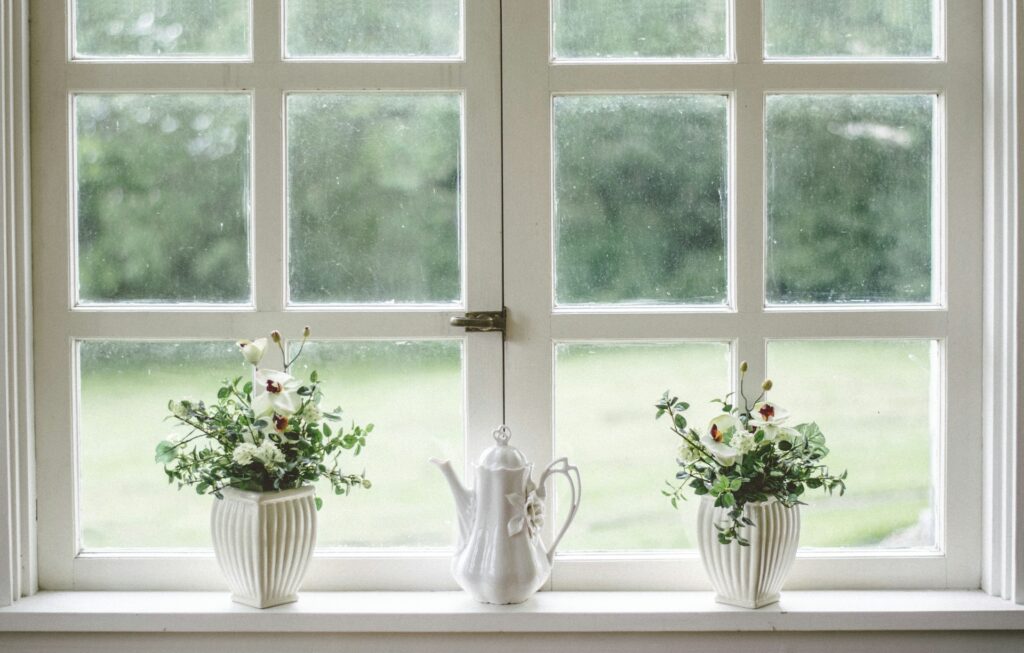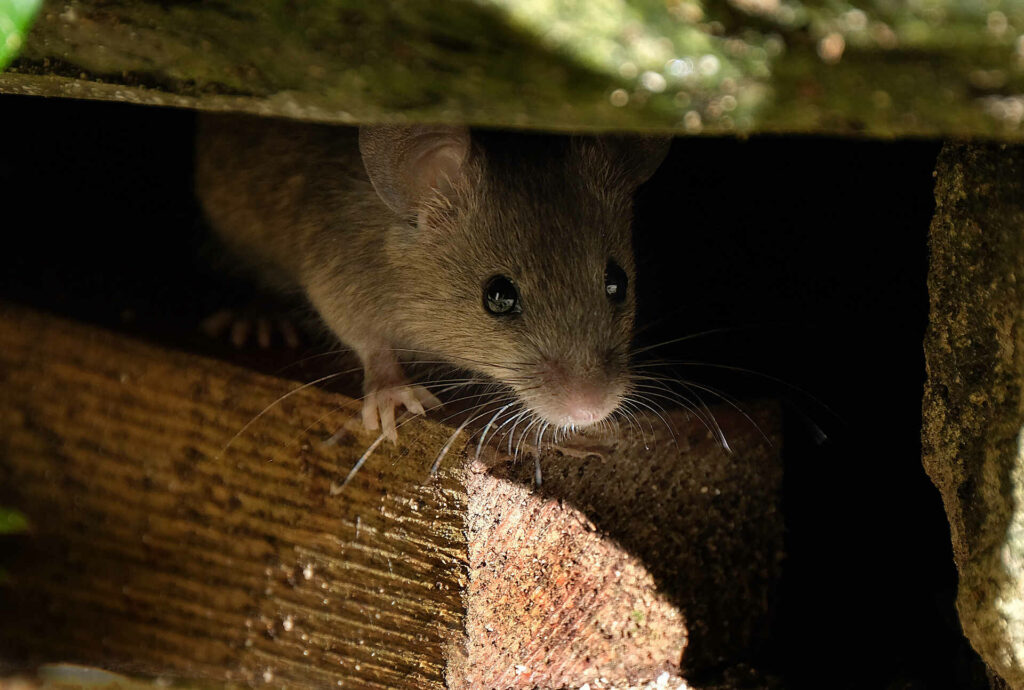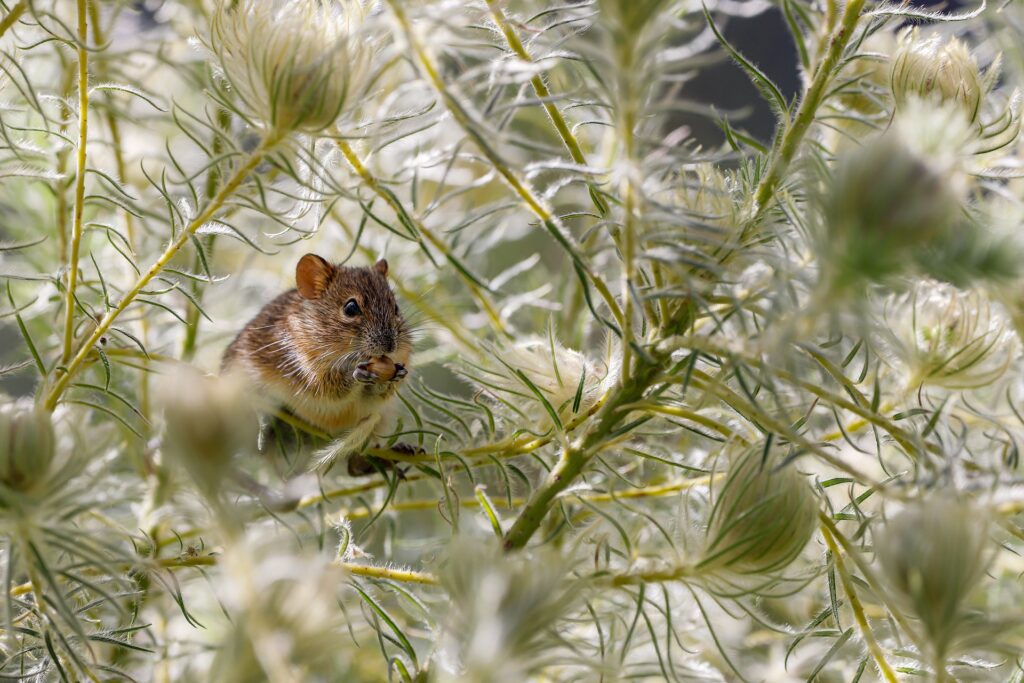When you hear crickets chirping at night, it can be both a soothing sound and a pain, depending on your perspective. But why do crickets chirp, especially at night? In this article, we will explore the role of chirping in cricket communication, how environmental factors influence this behavior, and what you can do if their nighttime chirping becomes too much to handle.
Why Do Crickets Chirp?
Crickets chirp primarily as a form of communication. This sound, produced by male crickets, serves a few key purposes. Let’s take a closer look at each.
Mating Calls: Attracting Females
- Mating calls: The main reason for cricket chirping is to attract a mate. Male crickets produce a specific type of chirp, known as a “calling song,” to signal their presence to females. This song is a repetitive sound made by rubbing their wings together, a behavior known as “stridulation.”
- Species-specific sounds: Each cricket species has a unique chirping pattern, which allows female crickets to identify potential mates of the same species. This specificity helps prevent interbreeding between different cricket species.
Territorial Warnings: Fending Off Rivals
- Territorial chirping: In addition to attracting females, male crickets use chirping to establish and defend their territory. The sound warns other males, signaling that the area has already been claimed.
- Challenge calls: If another male cricket enters the territory, the resident male may change his chirp to a more aggressive tone, known as a “rivalry song,” to deter the intruder.
Environmental Factors: Temperature & Cricket Chirping
- Chirping rate: The rate at which crickets chirp is directly related to the temperature. A well-known rule called Dolbear’s law states that you can estimate the temperature in Fahrenheit by counting the number of chirps in 14 seconds and adding 40. The warmer it is, the faster they chirp.
- Seasonal chirping: You’ll hear more chirping in the summer and early fall when temperatures are ideal for cricket activity. As temperatures drop in late fall and winter, cricket activity slows down, and chirping becomes less frequent.
Why Do Crickets Chirp at Night?
Cricket chirping is most commonly heard at night, and there are specific reasons for this nocturnal activity. We’ll learn more about them below.
- Temperature sensitivity: Crickets are cold-blooded, meaning their activity is heavily influenced by temperature. They chirp more frequently at higher temperatures, which is why you hear more cricket sounds on warm summer nights.
- Light avoidance: Crickets are primarily nocturnal creatures. They are most active at night because darkness offers them protection from predators. Chirping at night reduces their chances of being seen and eaten by birds or other animals.
- Quieter environment: Nighttime offers a quieter environment, making it easier for the chirping sound to travel and be heard by females. During the day, ambient noise can interfere with the ability of crickets to communicate effectively.
How to Manage Crickets Chirping at Night
If cricket chirping at night becomes a problem, there are ways to manage their presence around your home.
- Reduce outdoor lighting: Since crickets are attracted to light, reducing unnecessary outdoor lighting can help deter them from gathering near your home.
- Seal entry points: Crickets can enter your home through small cracks and gaps. Sealing these entry points can prevent them from coming inside and chirping indoors.
- Control moisture: Crickets are attracted to moist environments. Reducing moisture around your home, such as fixing leaky pipes and ensuring proper drainage, helps make your property less inviting to them.
- Professional pest control: If you’re dealing with a significant cricket problem, consider professional pest control for crickets. Experts can assess the situation and provide targeted treatments to reduce cricket populations around your home.
Silence the Night Sounds with Aptive
Are cricket chirps disrupting your sleep? Aptive offers tailored pest control services to help you reclaim peaceful nights. Our methods adhere to Environmental Protection Agency standards and reflect our commitment as members of The Professional Pest Management Alliance. Contact us today for a free quote, and let our team provide the assistance you need for a quieter, more comfortable home.








